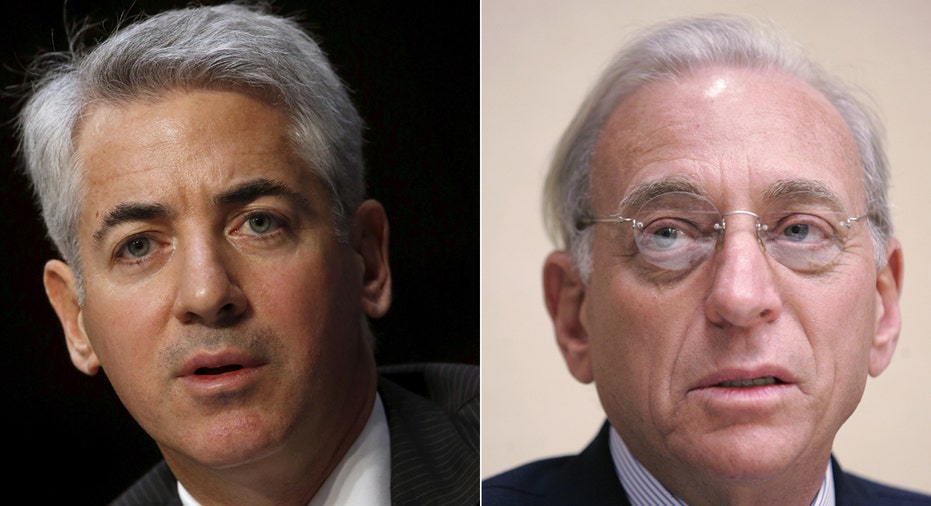From Ackman to Peltz, why activist investors may become even more influential

From Procter & Gamble (NYSE:PG), to Automatic Data Processing (NASDAQ:ADP), to CSX (NASDAQ:CSX), proxy battles have sprung up across multiple industries in 2017, and experts say activist investors will only increase in influence throughout the coming years.
“There is so much going on in the business environment that is causing existing business models to be outdated. … These kind of activists are going to get even more active,” Amanda Setili, president of strategy consulting firm Setili & Associates and author of “Fearless Growth,” told FOX Business.
ADP just wrapped a nasty proxy battle with Pershing Square Capital’s Bill Ackman, who ultimately lost his bid for seats on the company’s board, but not before clearly making his point that the company was employing outdated strategies and failing to innovate. Ackman says he would have won the vote had the use of a universal proxy card been allowed.
Procter & Gamble squared off with Trian Capital’s Nelson Peltz this year, in what has become an extremely expensive, acrimonious proxy fight. Trian took issue with P&G’s disappointing results, underperformance in the stock market, excessive costs and loss of market share, and petitioned shareholders for a seat on the company’s board.
P&G announced in October that Trian lost its bid for a seat, but Peltz called for a recount that resulted in his victory earlier this month. Even though the proxy battle has already become one of the most expensive in history, P&G challenged those results toward the end of November. A conclusion has not yet been reached.
Peltz also put pressure on General Electric's (NYSE:GE) Jeff Immelt to step down from his role as CEO this year, after the company missed key performance benchmarks.
Meanwhile, railroad impresario Hunter Harrison won a bid to take over CSX, America’s third-largest rail carrier, as its CEO.
So what makes a company a target for activist investors? Setili said activists usually go after “low-hanging fruit,” which includes companies that have failed to adapt to shifts in their markets, have cost-related issues or have leaders who don’t have the courage or willingness to make necessary changes. Red flags could include companies with out of line operating margins or those experiencing a sharp decline in stock price. Oftentimes, activists target companies that have been successful in the past and are hesitant to innovate or change tactics, Setili said, making them ill-positioned for the future.
It’s not a long-shot for activist investors to win seats on a board, either. Setili noted that in the current market, shares are concentrated in fewer hands, allowing activist investors to embark on “roadshows” in order to communicate their main criticisms and ideas for change to shareholders. However, even if they lose the bid, like Ackman, it often inspires transformation within companies.
“Management sees what happens and says, 'oh, if we don’t want to see this happen to us again, we have to do something,'” Setili said, pointing out that any activist play can send shares soaring. CSX, for example, surged 23.4%, or $7.7 billion, the day after Harrison publicly conveyed his takeover intentions.
She also said there is an uptick in urgency among companies looking to strengthen their core business practices and brands, in order to avoid becoming a target for activist investors. The key for companies is to embrace uncertainty and be willing to make changes and innovate, Setili added.



















